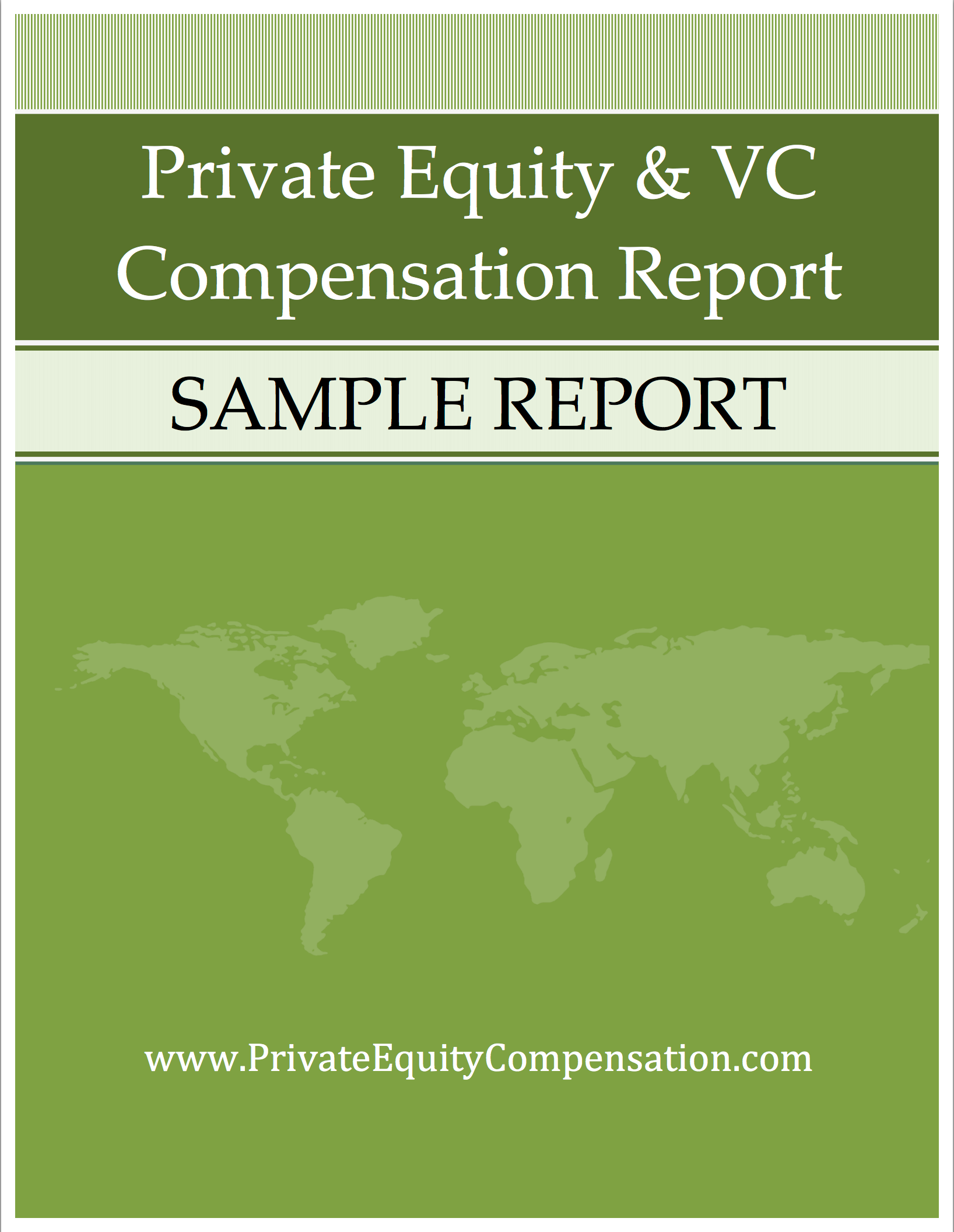Apr 1, 2013 | Industry
The outlook for employment in the private equity and venture capital industry is quite bullish for the coming year according the results of our 2013 compensation report. As the industry ramps up in the wake of stronger economic fundaments around the world, firms are increasingly looking at adding new talent to their ranks, essentially showing increased hiring intentions in all disciplines. Whether one is looking to enter the industry for the first time, or perhaps move to a new firm for different opportunities, 2013 is shaping up to be a good year to execute on those plans.
Overall, we found a considerable increase in hiring intentions in both private equity and venture capital firms for the coming year. According to our respondents, 59 percent of firms will be looking at add new investment professionals and support staff this year. This is up sharply from only 37 percent last year. This reflects the strength of both private equity and venture capital as the global economy finally begins to sputter forward.
It is also important to note that this remarkably strong level of hiring intentions is not to be found throughout the financial industry, where many segments, such as investment banking for example, continue to struggle for grow their revenues in order to support the addition of new staff. Private equity and venture capital continue to offer a relative haven within the over industry, providing opportunity for many financial professionals that are struggling to gain traction in other segments that are on the decline.
Hiring intentions weren’t the only positive development that our survey picked up this year. We also found a considerable reduction in firms that are looking to reduce headcount this year, with only 2 percent of firms are looking to employ fewer financial professionals in 2013. This is an important trend as employees in the industry are concerned about firms increasingly seeking efficiencies and implementing technological solutions that could allow the firm to operate with a smaller staff. These results imply that any gains in efficiency are quickly being offset by business growth.
The strength of hiring intentions depends on which skillset an employee is bringing to the firm. The most in demand skillset, unsurprisingly, is investment professionals. Also in demand are accounting, operations and portfolio management professionals. According to our survey, firms are looking less often in 2013 for those with skills in IT and investor relations.
Feb 11, 2013 | Industry
Increases in compensation on a relative basis in the private equity and venture capital industries were fairly similar across the board in 2012, regardless of an individual’s position within the firm. According to our survey all employees, regardless of job title, saw an average increase in pay over the last year. While clearly increases would be nominally larger for those at the top of an organization, as a percentage of 2011 pay we saw fairly even distribution amongst most roles within our surveyed private equity and venture capital organizations.
Managing Partners see the Biggest Jump
The one major exception in our report was Managing Partners, who saw the biggest increase in compensation in 2012. Interestingly, this job title was the segment that saw the largest decrease in 2011, indicating the highly variable nature of pay in this role. In private equity and venture capital, these roles are compensated primarily through incentive pay which fluctuates alongside firm performance, which explains the substantial shift year to year. It’s an important reminder that while those at the top levels of an organization do earn exceptional compensation, it’s far from reliable in times of performance volatility.
Chief Financial Officers also beat the Average
Another role in which we saw a higher than average increase in pay was Chief Financial Officers. This change in pay likely reflects the growing regulatory burden placed upon hedge funds. For most jurisdictions today, Chief Financial Officers bare personal financial and legal responsibility for the financial reporting of their firms. As a result, individuals in these roles are demanding higher pay in order to compensate for their personal risk.
In addition to the added personal liability of the CFO role, the increasing regulatory and financial reporting burden itself is adding considerably to workload as well as staffing levels in terms of direct reports, which also warrants a higher level of compensation.
Outlook for 2013 Remains Positive
Our survey found that the majority of respondents, again across the organization, felt that the trend towards higher compensation would continue in 2013. With private equity and venture capital remaining a “go-to” choice for institutional and high net worth investors, these expectations are very reasonable. As the sector continues to expand, the demand for highly experienced professionals with direct experience will grow along with it, driving compensation higher. Whether you’re an analyst or an executive, you’ll stand to gain from the overall strength of the industry.

